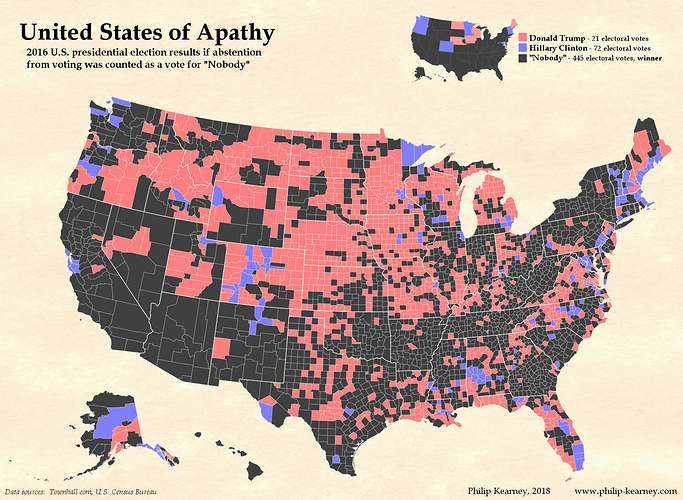Okay, so you and I are basically saying the same thing here.
Many recent laws & redistricting passed by the NCGA and signed by the governor do have an effect on NC’s cities. I’d add to your word distaste, that the NCGA also has a resentment toward its job creating and successful cities from both an economic and cultural perspective.
Limiting annexations pretty much assures that the only lands that ever get annexed going forward are tracts of land owned by a single developer who wants their land to be part of a city for its services.
As I talked about in a previous comment, Raleigh’s municipal population matters, especially since its within an MSA that already splits and diminishes the Triangle’s true size. If previous annexation laws were still in effect, Raleigh’s population would likely have already passed 500K. As it stands, Raleigh’s not going to reach that threshold by 2020, something unthinkable in 2010. While the metro will still grow, the perception of the city will be that it’s static, not urbanizing, and getting out of control with suburbia…all because of the simplified way that people interpret metrics.
I’m a total geek about these sorts of stats and watch the cities around Raleigh in the national population rankings quite closely. In particular, Omaha and Colorado Springs are interesting cases. They are our peers in municipal data (as is Miami, but they are rightfully seen on a different level). Both Colorado Springs and Omaha anchor metros that are not only much small than the Triangle but are also both significantly smaller than Raleigh’s MSA. Both cities are “larger” than Raleigh, and every time we are compared to them, our stature diminishes. Our rightful statistical peer “cities” are Nashville, Cincinnati, Austin, and Milwaukee, but we almost are never included in those conversations as peer cities. When we are compared to Nashville or Austin in other forums, it’s usually “debunked” using Raleigh’s “official” data.
In particular, let’s look at Nashville. Both Nashville’s municipal and MSA populations are larger than Raleigh’s, but they also both include massive land areas compared to us. On the other hand, the Triangle’s CSA is both larger and growing faster than Nashville’s, and it does so in less land area. Raleigh’s developed urban area population also surpassed Nashville’s a few years ago, but who would know that? Nobody.
Now let’s look at Omaha. It’s added more people this decade than its county has, and that’s almost exclusively because of annexation of existing residents on its periphery. It’s not even real growth! Its CSA isn’t even half the size of the Triangle, yet that’s our peer city.
The quirk/oddity that is the Triangle’s metropolitan area representation, along with the NCGAs stifling of our growth, is a one-two punch in the gut to Raleigh’s and the Triangle stature and reputation.
When we are talking about corporate relocations & expansions, silly as it may seem, these things matter.
